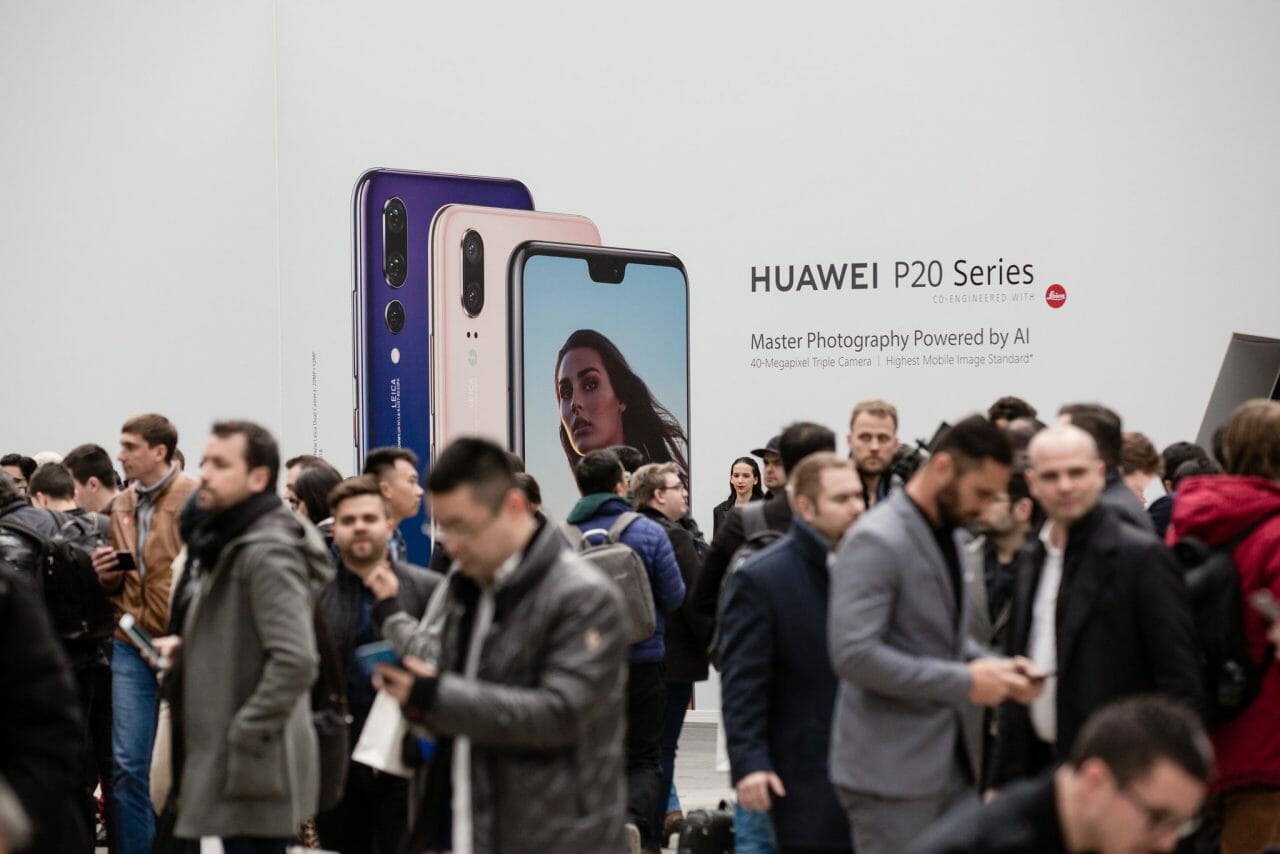
The two super powers imminent global trade war has intensified with the move for high-tech supremacy. US Federal Communications Commission voted unanimously to limit the ability of Chinese telecommunications companies to sell their products in United States.
The sanction takes direct aim at Huawei , a global telecommunications equipment powerhouse, with $93 billion in reveune last year. Recently, the government also banned ZTE from using components made in the United States, for failing to punish it’s employees who violated American sanctions against North Korea and Iran.
For ZTE, it is completely nightmarish as the company’s smartphones and network gear rely on American microchips and software. It means they will have to redesign 90 per cent of its product line.
This year, Huawei’s efforts to push their new line of smartphones in the United States was dismal when Verizon and AT&T abides to government security concerns, walked away from a deal to sell the devices.
American or Chinese tech companies that are trying to do business across the Pacific will face uncertainty. The two nations are playing an assertive game of superiority, both to support and guard their own companies against threats to national security.
Earlier, the Trump administration accused Beijing of stealing American technology to transform the Chinese economy, prompting tit-for-tat levies.
Furthermore, researches discovered security flaws in the microprocessors inside all of the world’s computers but to-date, Huawei has not responded on this matter.
With this latest move, American companies like Apple and Qualcomm could be caught in the altercation and will be in the losing end. Last year, Apple sold $46.5 billion worth of iPhones and other products in China, Taiwan and Hong Kong.
“Beijing will not sit idly by,” said Paul Triolo, who leads global technology policy analysis at Eurasia Group, a geopolitical risk consultancy. “Chinese officials will likely pause to digest this move, and the series of other trade and investment moves coming at them in waves, before deciding how best to respond. It is likely to get ugly before it gets better.”
Beijing could use its broad cybersecurity laws to steal the core computer code of American companies operating in China, said Dean Garfield, head of the Information Technology Industry Council, a trade group that represents the largest American tech companies. The Chinese government also could back-off from recent commitments to allow more financial and electronic payments services from Mastercard, Visa and JPMorgan Chase. Or it could simply restrict American companies’ ability to do business in China, he said.
Huawei’s lay-off of five American employees, including William B. Plummer, the vice-president of external affairs, is seen as an acknowledgement by Huawei that it has failed to clear the political tension. In a statement, a Huawei spokesperson said, the lay-offs is an effort to streamlined resources with “business strategy and objectives.”









